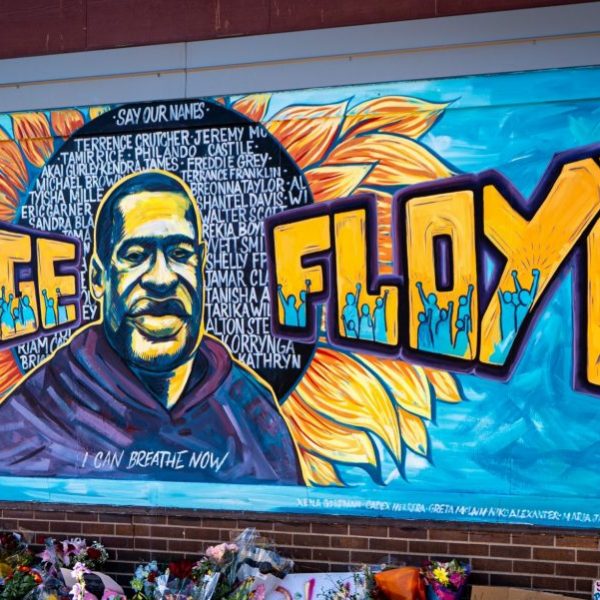Lest We Forget: The Evolution of Dignity
Sarah Underwood—
 For ninety-five percent of human’s existence on earth, people generally respected each other’s dignity. As hunter-gatherers, humans had to protect themselves from wild animals and the elements. It made little sense for others of our own species to become extra enemies. For the last five percent of our history, however, with the rise of agriculture and land as personal property, we shifted our fight-or-flight reactions to encounters with other humans. With property came status, and with status came violations of others’ dignity. In Dignity: The Essential Role It Plays in Resolving Conflict, Donna Hicks examines how protecting our dignity served as a survival mechanism in our early history but also our defenses have become destructive.
For ninety-five percent of human’s existence on earth, people generally respected each other’s dignity. As hunter-gatherers, humans had to protect themselves from wild animals and the elements. It made little sense for others of our own species to become extra enemies. For the last five percent of our history, however, with the rise of agriculture and land as personal property, we shifted our fight-or-flight reactions to encounters with other humans. With property came status, and with status came violations of others’ dignity. In Dignity: The Essential Role It Plays in Resolving Conflict, Donna Hicks examines how protecting our dignity served as a survival mechanism in our early history but also our defenses have become destructive.
Hicks defines dignity as a person’s “inherent value and worth” that must be acknowledged, even when one does not respect the person’s actions. Dignity is innate, whereas respect is earned. Status is also “earned” but unlike respect, in earning status, we can infringe on others’ dignity. For instance, an employer who wants to increase his prestige in a company may treat his subordinates badly in order to get ahead. Threats in modern environments are usually no longer those our nomadic ancestors feared—life-endangering—but are instead psychological. Our reactions to these threats originate in our ancient instincts, which is why an employee in the aforementioned company might want to start a fistfight with his boss rather than find a rational solution. We behave as though threats to our dignity are threats to our body, which is usually “overkill.” If the employee acts on his animal instincts, he might lose his livelihood. Hicks notes, “This paradoxical reaction—putting one’s life on the line to protect one’s dignity—puts dignity ahead of survival.” Even if the employer created a fair working situation, the employee’s “outdated survival instincts” could make him resist even positive feedback if he viewed it as an attack
Luckily, we have different instincts that can help us counteract such visceral reactions. Using neural mechanisms, our brains synch with the brains of people around us, allowing us to feel their emotions. That is, we can actually feel what others feel without language. In our early history, this helped us create social groups for protection. I would like to point out that we now have an opportunity to create a global community for the first time in our history. It might help if we remember that in an environment where we are the apex predators, status is almost always socially contrived. If we could arm ourselves with self-confidence, the only weapon needed when threats are psychological, that five percent of human history could shrink to an even smaller fraction of our time here.
Sarah Underwood is a graduate of the College of William and Mary and a former Yale University Press intern. Her column, Lest We Forget, appears on the Yale Press Log.




Reading only this brief review which indicates to me that the book should be quite thought provoking and interesting, my threshold question of Sarah Underwood is what is the ultimate origin of dignity. Is it physical or metaphysical, or some combination of both? In my view, humans are a seamless web of body, mind and spirit, interacting in a unity. It seems that the author leaves little room for spirit or the transcendant.
Ernie Raskauskas